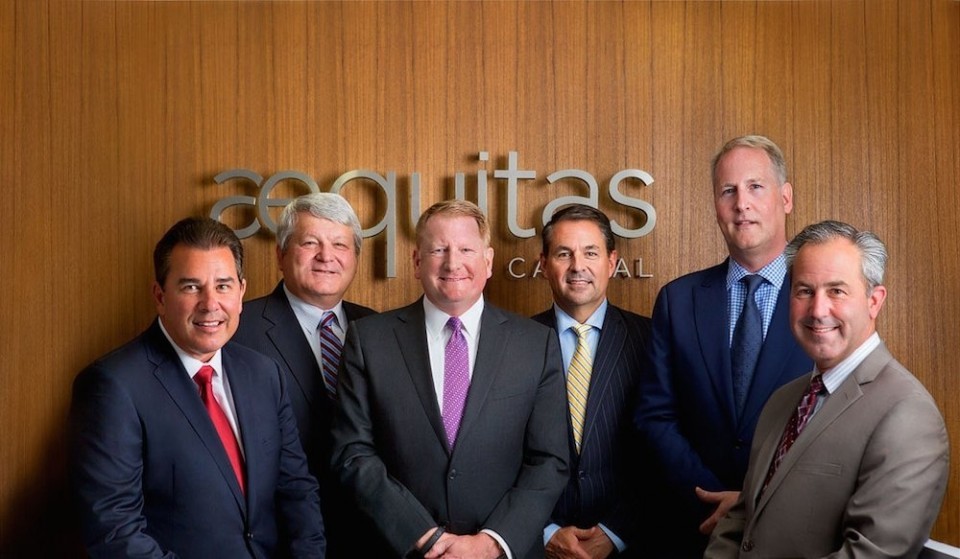- CALL TODAY
- 800.487.4660
ICM Asset Management in Spokane Closing its Doors under Suspicious Circumstances
ICM Asset Management of Spokane, Washington plans to close its doors permanently next month. Just a couple of years ago, the Spokane Journal of Business hailed ICM as a growing firm, in an article you can read here. ICM is an investment advisory firm, and its submissions to the US Securities & Exchange Commission (SEC) state that it has assets under management of $130 million, so why is ICM shutting its doors?
A brochure created by ICM may have the answer. It states: “Over the last several years ICM Asset Management, Inc. has been operating with a cash flow deficit that has been made up by contributions from principals and clients,” and that this business model was “not sustainable.”
There are two big pieces to ICM’s explanation for its demise. First, it appears that ICM was unable to keep its expenses within its income. On one hand, it seems a bit embarrassing that a firm that sells financial advice was unable to balance its budget for years. On the other hand, businesses borrow too much and go under all the time.
The big surprise here is the source of ICM’s loans. ICM concedes that it has been living on loans from customers. Borrowing money from customers is probably unethical, and may even be illegal. It is certainly disfavored in the investment industry.
What’s wrong with a customer lending money to an investment advisor? To answer this question requires a basic understanding of what an investment advisor is and his relationship to customers. An investment advisor’s job is to recommend and execute the investment strategies that are best for his client. Another way of saying this is that an investment advisor owes his client fiduciary duties. An investment advisor must put his client’s interests first.
With that framework in mind, one has to ask: how likely is it that, out of the entire universe of investment options a loan to the investment advisor is truly best for the client? The odds are close to zero.
The North American Securities Administrators Association (NASAA) also holds that accepting loans from clients is unethical. Borrowing money from clients in most cases is also barred by Financial Industry Regulatory Authority (FINRA) Rule 3240. (Technically, FINRA Rules govern stockbrokers and not financial advisors, but investment advisors typically think of themselves as being held to a higher standard than stockbrokers, not a lower one).
Maybe there is a perfectly acceptable explanation for loans from ICM to its customers, but nothing in ICM’s publicly available materials suggests that these loans were appropriate. As ICM winds down, it appears that many of its clients will move to a new successor business, Manito Asset Management. Jim Simmons of ICM apparently will not transition to Manito Asset Management, although several other ICM employees, including Pete Chase, have already moved. Hopefully, the practice of borrowing money from customers will stay at ICM.
If you have questions about investment losses, the securities litigation attorneys at Investor Defense Law LLP may be able to help, and offer free consultations. Investor Defense Law LLP is a law firm dedicated to helping investors in California, Georgia, and Washington State recover investment losses. We understand investment fraud and know how to sue investment advisors, brokerage firms, and financial advisors. To learn more, contact an investment fraud attorney at 800.487.4660.





